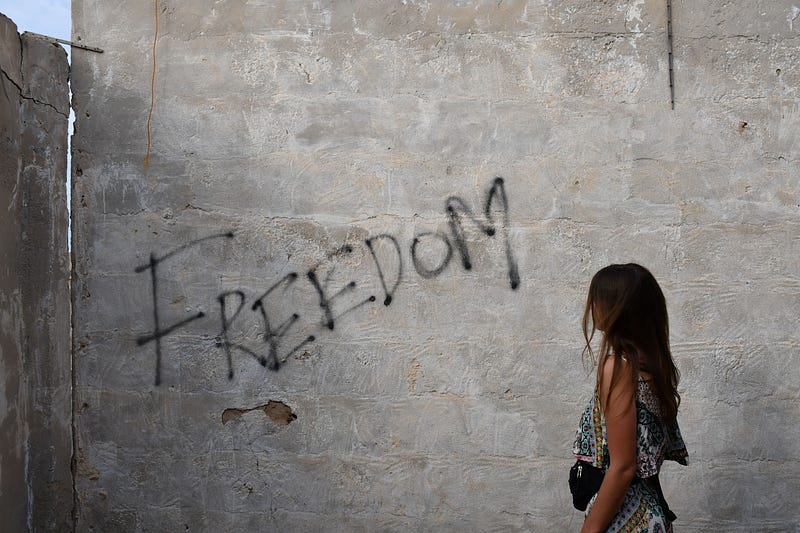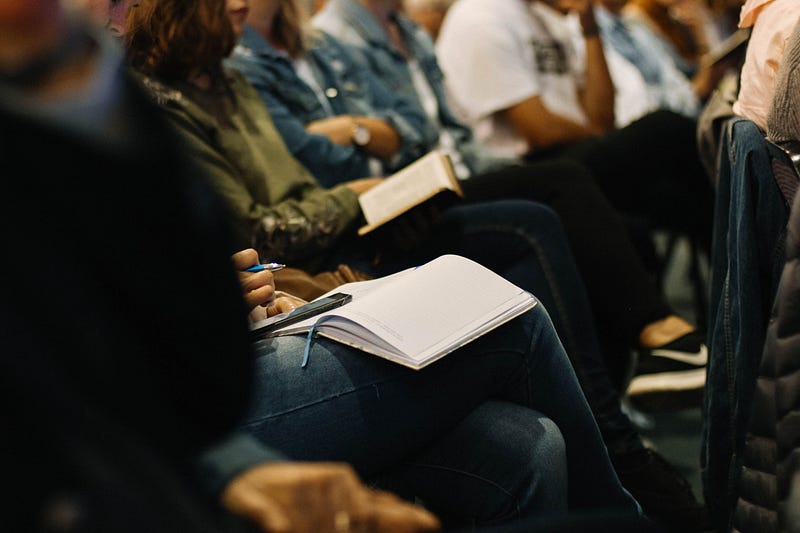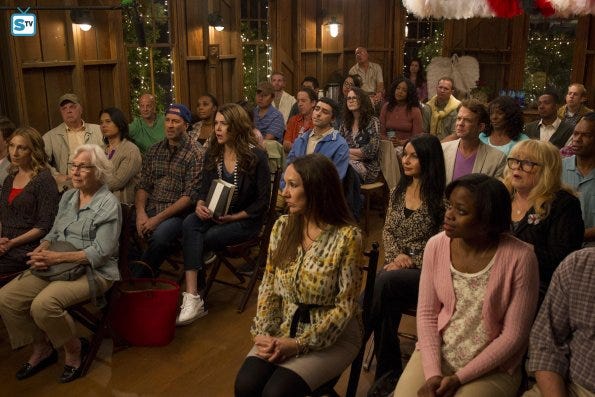A Discussion of Oliver DeMille’s 1913 Chapter 11 “Essential Freedom”
Oliver DeMille has detailed in his book how we took a turn away from freedom in 1913, and for that reason he focuses on the importance of freedom in this chapter. How can we regain our freedom if we do not understand its value?
We Westerners seem to have little idea of just how precious our freedom is and just how much we would miss it if we lost it…We are losing our freedoms. This has been happening for a long time, but the pace is increasing and we are running out of time to reverse this trend. Yet far too few of us take notice. (p. 146)
To define what freedom is, he turns to Aristotle who argued that freedom was “a universal goal” for all people and few would be happy without it. (p. 138)
According to the Aristotelian view, there are primary, secondary, and tertiary goods.
Primary goods are things people want for their own sake, and there are only a few of these: love, freedom, friendship, and happiness. (p. 138)
Secondary goods are valuable as well but what makes them different is possessing them is seen as increasing the likelihood of gaining primary goods. They are more of a means to an end.
These include things like respect, wealth, health, and power. (p. 138)
That leaves tertiary goods, which you can probably guess are things that make it more likely to bring you secondary goods (which then can help you get to the primary goods).
These include things like a job, a degree, beauty, and expensive cars. While they may or may not actually help you get the respect or power or other secondary goods, many think they will and that is why they are valued. (p. 139)
DeMille brings all of this up to focus on the value of freedom as a primary good.
In short, a person with true freedom, happiness, and love is a successful person from any perspective. Even if he lacks wealth or power, who can argue that he is unsuccessful? After all, he is truly happy, free, and loved. (p. 139)
It seems there may be a lot of truth to this theory. Obviously, it is hard to judge from the outside, but most of us can think of people who have a lot of secondary, and maybe tertiary, goods but do not seem happy. Maybe they are living a life without the truly important primary goods of love, freedom, friendship, and happiness.
DeMille observes that if you do have someone with wealth and power, for example, who is not happy, he needs to have the freedom to make changes and improvements to his life.
Put simply, freedom means one has the ability to improve his situation in life — whatever it may be. Without freedom, there is no chance of progress, except by first winning one’s freedom and then using it to get what one wants in life. (p. 140)
We can see then that not having freedom could prevent us from achieving any of the primary goods. Its importance is clear when we analyze it like this, but we in the U.S. are not aware of this — of what life without freedom would be like.
The desire for freedom is what motivated our Founders having lived under tyranny. And they knew that government is the biggest threat to the freedom of the people.
Unfortunately, throughout history most governments have used their power to begin to reduce the political, spiritual, and financial freedom of their people. As Lord Acton noted, power corrupts, and absolute power corrupts absolutely. When people are given the power of government position, very few can resist the temptation to use it to benefit themselves, which results in decreasing the freedom of others. (p. 141)
DeMille says the reason we have been losing our freedoms this past 100 years is because of a lack of understanding of what life without freedom is like.
In contrast, he says the people he meets from around the world at conventions and book signings who have moved to America “from nations lacking freedom thank me, while weeping, for the work I do to promote freedom.” (p. 145)
These immigrants from Russia, Eastern Europe, Latin America, Africa and China understand the value of freedom, but he says he has never had a similar conversation with people from the U.S. or Canada and only a few times with people from Western Europe.
Clearly the first step to reversing the erosion of our freedom is awareness of its value by at least a few.
Overall, this brings to mind this quote, “Hard times create strong men. Strong men create good times. Good times create weak men. And, weak men create hard times” from G. Michael Hopf’s postapocalyptic novel, Those Who Remain.
The Founders lived through tough times and those times made a few great, strong leaders who created a system that led to decades of good times. We live in a time that has made life so easy for so many of us that we are less willing to bear the costs of securing freedom for ourselves and for those in the future.
As DeMille has pointed out in this chapter, we do not even see what we are losing even as we lose it. Few of us know this history about the four turning points from freedom he has written about in this book, but now that we know, we need to be part of preserving, and restoring, our freedoms.
Reference: DeMille, Oliver, 2012. “Essential Freedom” Chapter 11 of 1913, Obstacles Press, Inc., Flint, Michigan.




